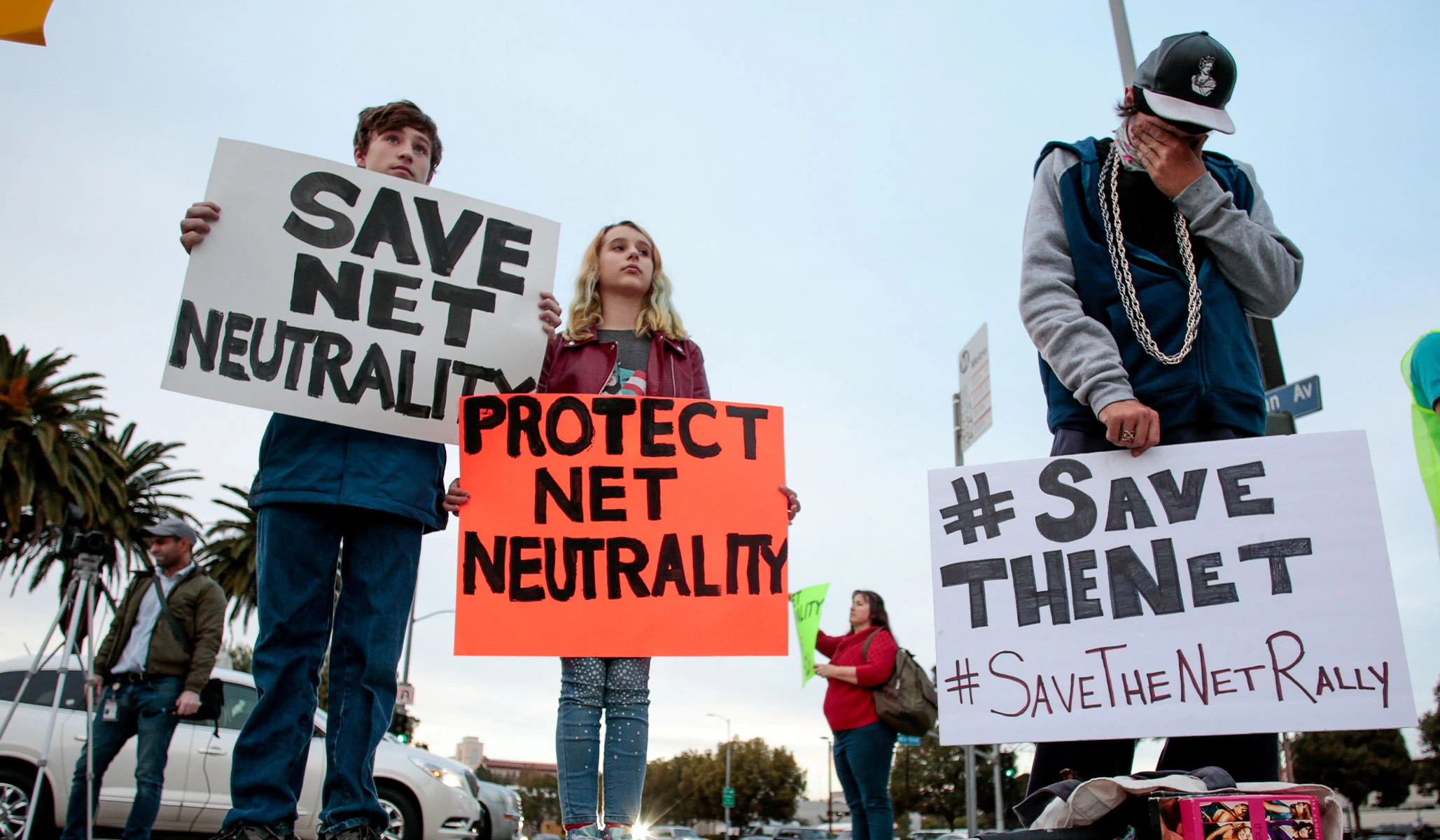Five years ago today, on June 11, 2018, the Federal Communications Commission (FCC) repealed net neutrality regulations, leading to widespread panic and fear-mongering about the end of the internet. However, in the years since, the evidence shows that American consumers are benefiting from stronger and more extensive broadband networks than ever before. Independent measurement service Ookla reports that average fixed broadband speeds in the US are 287% faster today than in June 2018, and average mobile broadband speeds have increased by 570%. Millions more Americans have access to the internet, and competition has increased and transformed since then. Residential fiber deployment hit an all-time high last year, and wireless companies like T-Mobile are providing high-speed 5G fixed wireless service to millions of customers. Cable companies are upgrading their systems to enable much faster speeds, and companies like Starlink are launching low-Earth-orbit satellites to support residential-broadband service, especially in rural areas.
The FCC’s decision was the right one, resulting in enormous benefits for broadband consumers. The over-the-top rhetoric has over time revealed itself to those of good faith as completely unfounded. One prediction the critics made was accurate: consumers have been blocked from posting or accessing politically disfavored content, but the blocking has come from Big Tech companies, not network operators subject to net-neutrality regulations. The Left and the Right have come to recognize that Big Tech, not ISPs, is the gatekeeper for online speech. The issue of net neutrality has receded as it is no longer a topic of controversy.

